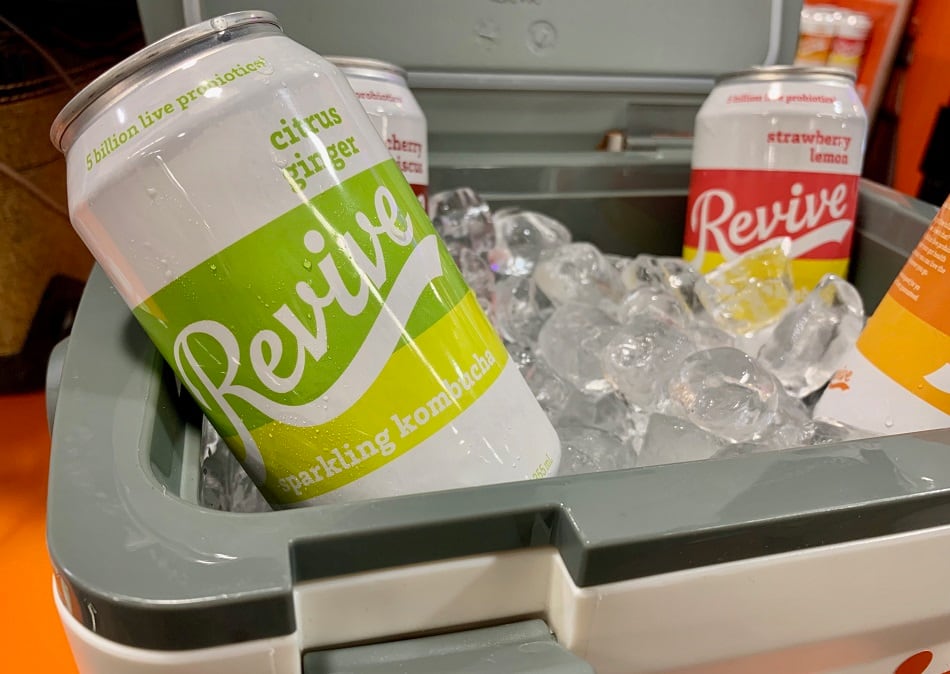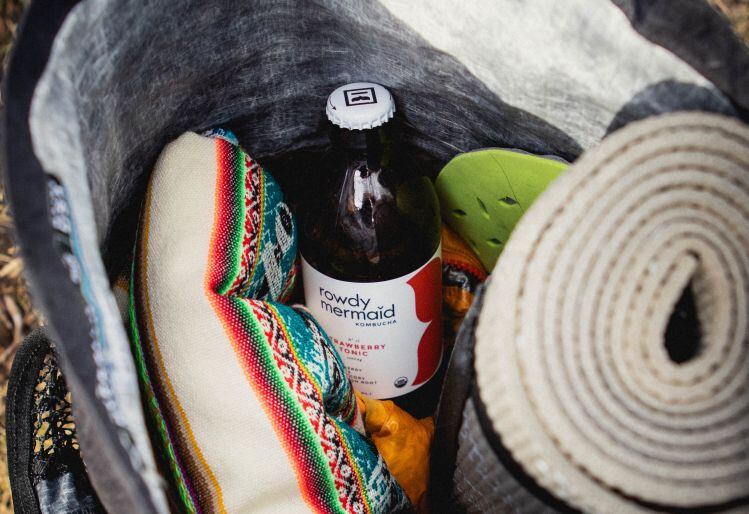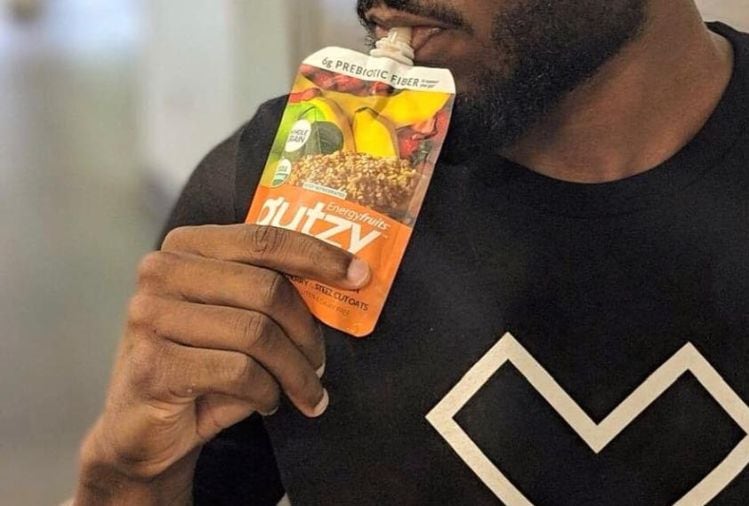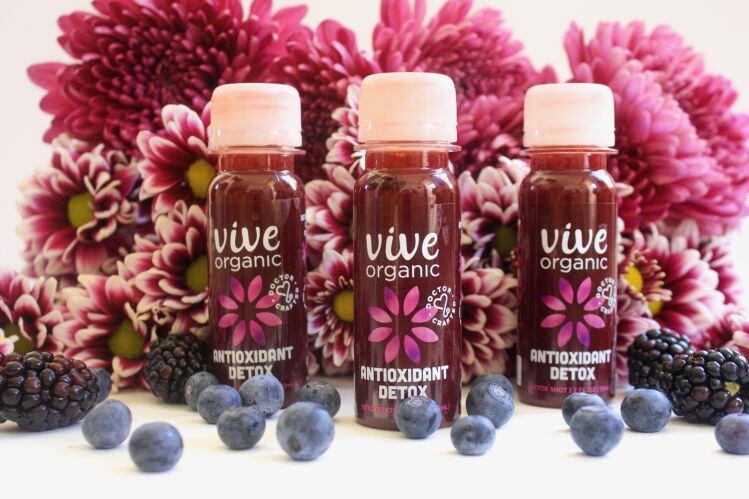*Distribution Update: Revive Kombucha just announced a nationwide launch of three of its flavors (original cola, hibiscus refresher, and ginger lime) at 8,000 7-Eleven stores across the US.
As a former soda junkie himself, founder and CEO of Revive Kombucha, Sean Lovett, said he started the brand with the goal of creating a kombucha that soda drinkers can easily drink without the typical astringent flavor most other kombuchas are known for.
"Some of the early adopters struggled that it wasn’t vinegar forward, but what validated us is that we became pretty much the No. 1 kombucha brand in California, which is kombucha country," Lovett told FoodNavigator-USA at the Natural Product Expo West show.
As of December 2018, Revive Kombucha grew 168% year-over-year (52 weeks IRI MULO, 4 November 2018). At the end of last year, Peet's Coffee acquired a majority stake in the brand to help grow the burgeoning kombucha brand's production operations and leverage Peet's national chilled distribution network.
The new sparkling line, available in four varieties (mango orange, cherry hibiscus, strawberry lemon, and citrus ginger), now offers the brand's active consumer base a portable option with the same health benefits as its raw line, said Lovett.
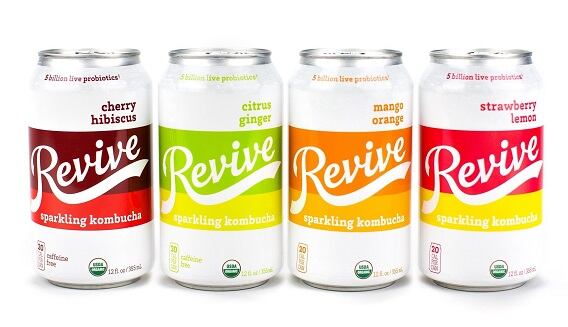
"This is the closest we've come to meeting our original mission, as Revive Sparkling Kombucha is super tasty, yet doesn't have a lot of sugar or calories and is loaded with live probiotics," Revive Kombucha founder and CEO, Sean Lovett said.
"All of the sudden we can access the soda space -- this is a 'Red Pill' moment," added Lovett.
"One of the toughest hurdles of converting a non kombucha user is what they heard kombucha tastes like. This [Revive Sparkling] signifies a lighter flavor and it tells folks it's a different experience than kombucha," said Josh Mohr, VP of marketing at Revive Kombucha.
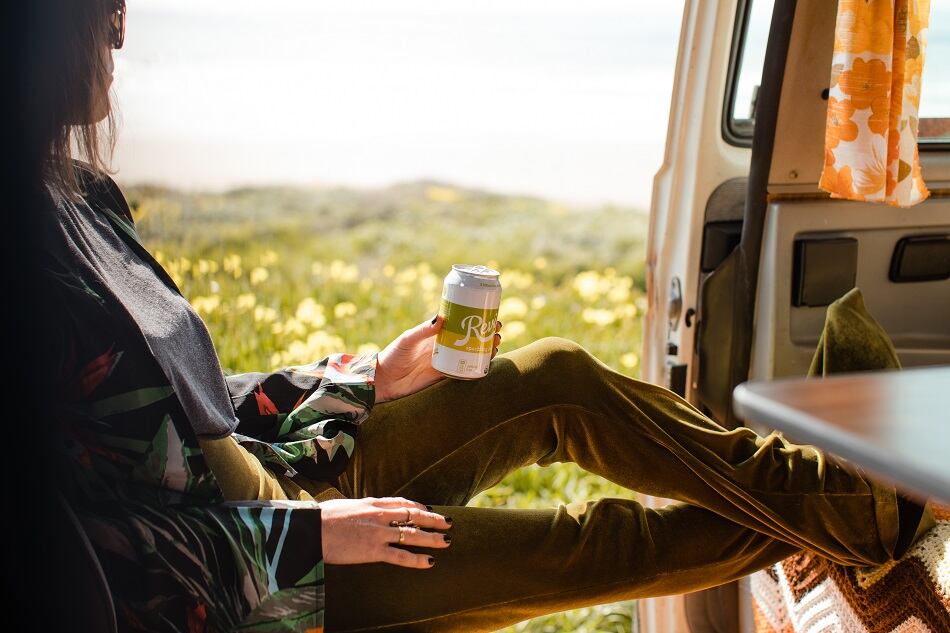
Expanding the kombucha category to new users
The refrigerated kombucha category is still going strong, growing at 31.4% year-over year and reaching a household penetration of 20%, according to SPINS market data for the 52 weeks ended Oct. 7, 2018. However, there is no legal definition of kombucha and the industry has not pinned down an informal definition either.
Kombucha purists may take issue with Revive's proprietary pasteurization step and decision to add a probiotic strain (DE111) into its shelf stable sparkling line, but according to Lovett, innovations such as its four-SKU shelf-stable sparkling line will help expand the kombucha category beyond traditional raw, refrigerated products.
The DE11 probiotic strain, a clinically studied strain of Bacillus subtilus, can withstand high heats and activates once it hits the gut, claimed the company.
"We’re able to certify 5 billion probiotics per can, no one in the raw space can really do that," noted Lovett.
What is kombucha?
Kombucha is typically defined as a fermented tea, whereby firms brew tea, add sugar, and then ferment the mixture with a kombucha culture or 'SCOBY' (symbiotic culture of bacteria and yeast), which creates, among other things, carbon dioxide (explaining why kombucha is a bit fizzy), alcohol, acetic acid (explaining the slightly sour, vinegary taste) and other organic acids such as lactic acid, propionic acid, glucuronic acid and gluconic acid.
Some companies are defined as 'raw' (meaning no heat pasteurization step is involved) while others heat pasteurize their products ensuring a consistent product with an alcohol level below 0.5% ABV, and add in well-documented probiotic strains afterwards
With no legal definition of kombucha currently in place, the category has seen a rise of new formats, processes, and options, such as the move into cans.
The brand is testing out consumer reception in its own backyard of Northern California at select natural and specialty retailers such as GoodEggs.com and Oliver's Markets.
"We’re really just testing with most retailers and then we’ll expand when we’re ready," Mohr said.
"We’re learning where in store consumers like it best (i.e. center store or in the premium drinks cooler). We’re really truly expanding kombucha to new users."

